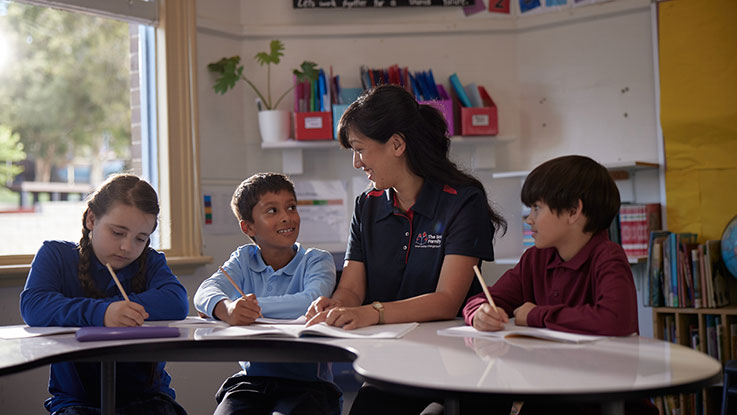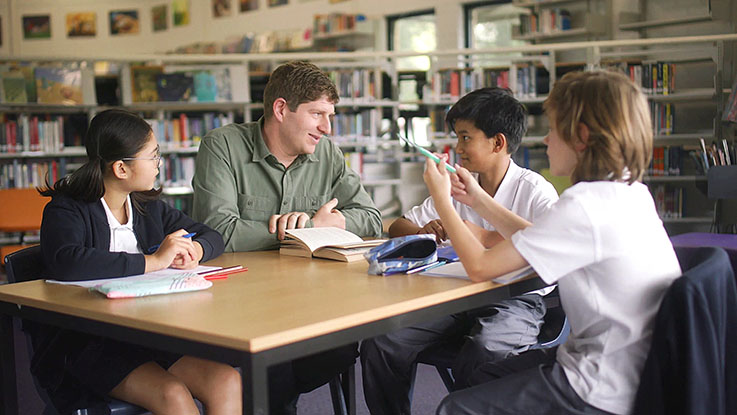Understanding your child's school report

What do the grades mean?
- A – Much better than expected
- B – Better than expected
- C – Doing as expected (this is a good result!)
- D – Below expected
- E – Well below expected
Some schools use words like “Working Towards” or “At Standard” instead. If your child gets a C, it means they are where they should be for their year level.
What to look for
- Effort: Many reports show how hard your child is trying. If they are working hard but getting low grades, they may just need extra help.
- Teacher comments: These can tell you how your child behaves, joins in class, and works with others.
- Changes from last term: Look for any big changes. Are their grades getting better or worse?
- Social and emotional skills: These are things like getting along with others, staying calm, and being responsible. These are just as important as schoolwork.
A note about NAPLAN results
If your child is in Year 3, 5, 7, or 9, they may also get NAPLAN results in Term 3.What is NAPLAN?
NAPLAN (National Assessment Program - Literacy and Numeracy) is the national assessment program that students in Years 3, 5, 7 and 9 take each year. It tests students’ skills in reading, writing, spelling, grammar and maths.
Why is NAPLAN important?
NAPLAN helps teachers and schools see how students are going in key areas like reading, writing and maths. It can highlight areas where your child might need a bit more support, or where they're doing well.
Some students feel a bit nervous about NAPLAN, but it's not something they need to study for. It's just one tool that schools use to help understand how to best support students.
Keep in mind:
- These tests are just one part of the bigger picture.
- Use the results together with the school report to understand how your child is doing.
- If the NAPLAN results are much lower than expected, it’s a good idea to talk with the teacher.
When to talk to the teacher
- Your child gets lots of D or E grades
- They get low effort marks in many subjects
- You see worrying or unclear comments
- There’s a big drop in results from last term
- There are problems with behaviour or friendships
- NAPLAN results are much lower than their normal schoolwork
How you can help
- Ask your child how they feel about school
- Talk to the teacher if you have any questions
- Celebrate their effort, not just their grades
- Help them set a small goal for next term (like reading every night or asking for help in class)
Remember
A school report (and NAPLAN) is just one part of your child’s learning. With your support, they can keep growing and doing their best.
If you have any questions or concerns about your child’s schooling, you can always reach out to your Family Partnership Coordinator.
We are here for you!

Your Family Partnership Coordinator is here to support you through each stage of your child's educational journey.
They can support you to problem-solve any challenges that may come up that affect your child's education.
They can also connect you to educational support programs or services in the community if you decide that's what you need.
You can find your Family Partnership Coordinator's contact details in My Smith Family.



